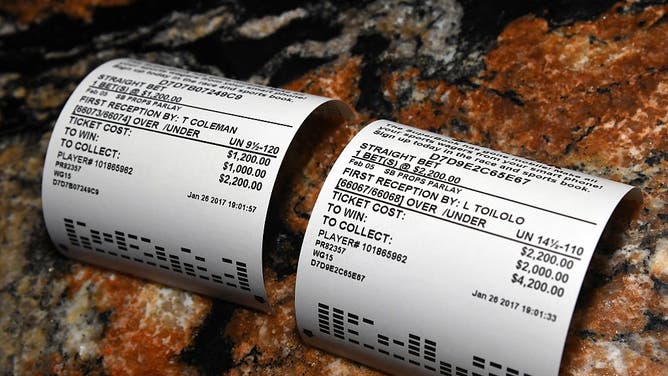Florida's Sports Betting Plan With The Seminole Tribe Is Threatened By A Federal Lawsuit

A couple of organizations want to block the State of Florida and the Seminole Tribe from allowing sports betting as early as October 15. On August 16, West Flagler Associates, Ltd., doing business as Magic City Casino, and Bonita-Fort Myers Corporation, doing business as Bonita Springs Poker Room, filed a Complaint in federal court against the United States Department of the Interior and its Secretary to challenge a gaming compact between Florida and the Tribe that will, for the first time, bring sports betting to the Sunshine State. At its core, the Complaint argues that the compact violates the Indian Gaming Regulatory Act ("IGRA"), which is a federal statute.
The casino and poker room plaintiffs first take issue with the Tribe's plan for offering consumers the capacity to wager from their mobile devices. They say that the IGRA prohibited Secretary Deb Haaland of the Department of the Interior from approving this compact because the compact intends to allow the Tribe to offer gaming, through online wagering, outside of the Tribe's premises. While consumers certainly desire the ability to wager from the comfort of their homes, the plaintiffs are basically saying that does not matter under federal law, which prohibits the Tribe from conducting its operations outside of the defined zone -- the Tribe's land.
The next argument of the plaintiffs appears to be less convincing. They argue that a Florida Constitutional Amendment prohibits the expansion of gambling in Florida without approval through a citizens' initiative and that the compact thus violates Florida's Constitution because it did not seek the input of Florida constituents. In fact, the Amendment (Article X, Section 30), says that it "ensures that Florida voters shall have the exclusive right to decide whether to authorize casino gambling in the State of Florida" (emphasis added). It continues to define "casino gambling" as "any of the types of games typically found in casinos and that are within the definition of Class III gaming in the ." When the Amendment was made effective, on November 6, 2018, sports betting was not typically found in casinos, per the American Gaming Association, which highlighted that forty states at the time had legal casino gambling and only six of those states (Nevada, Delaware, New Jersey, Mississippi, West Virginia, and New Mexico) had casinos with sports wagering options. Additionally, while over 500 tribal casinos existed across the country, only three had offered sports betting when the Amendment was established.
Third, the casino and poker room plaintiffs are upset about the compact providing the Tribe with a statewide monopoly over online sports betting. They claim that by favoring the Tribe in this manner and making it illegal for others (including the plaintiffs) to offer sports betting options, the compact violates the Fifth Amendment's guarantee of equal protection.
The most interesting issue is arguably the first one -- that the IGRA does not permit any agreement that allows a tribe to offer sports betting outside of its reservations and, through offering online sports betting from anywhere in Florida, that is a violation of the letter of the law. The Seminole Tribe has attempted to circumvent that language by alleging that the wagers are actually taking place on its reservations because the bets (after the consumer initiates the action from a mobile phone or computer) are technically received on servers and devices that are located on the Tribe's land. The plaintiffs do not take kindly to that argument.
"This fiction does not render the Compact lawful, but rather contradicts the federal government’s prior position and longstanding precedent interpreting applicable federal law and recognizing that betting or wagering occur where the bettor is located, and where the wager is received," states the Complaint. Thus, they indicate that both the act of wagering and the receipt of that wager must take place on the Tribe's lands and it is not sufficient that one part of the equation is satisfied. The plaintiffs add, "eclaring that betting took place somewhere it did not does not change the meaning of federal law or the unlawfulness of the Secretary’s approval of a Compact that provides for gambling outside of Indian lands."
The plaintiffs are asking for the court to vacate and set aside the Secretary's approval of Florida's gaming compact as unlawful. It is expected that they will file a motion to seek a preliminary injunction early in the litigation in an effort to at least stall sports betting from going live in Florida as soon as October 15.